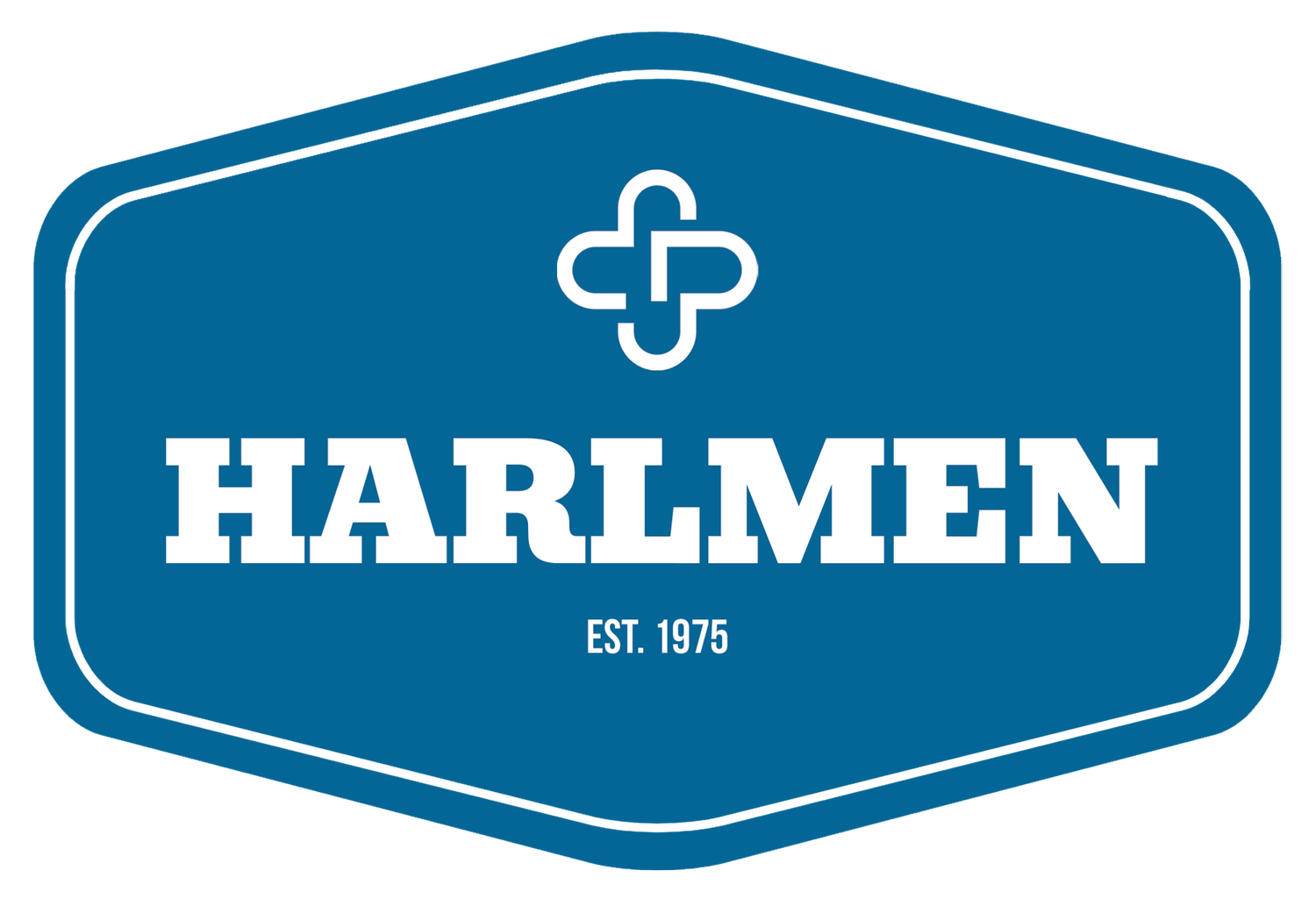
Who we serve
The pet health check:
What is the key ingredient that your pet may be missing?
It is an essential amino acid called “Taurine”. There are 20 amino acids. Some are essential amino acids meaning that the body cannot create them on their own---they must be consumed through a diet that contains animal-based protein. Some species and specific breeds of pets, have limited ability to manufacture Taurine on their own. Lack of Taurine causes specific health issues for certain species and breeds of pets. To see if your pet could be suffering from lack of Taurine, please view our pet health information below.
Dogs
At this time, Taurine is not a required ingredient in dog food because most dogs are able to make their own based on the protein-rich food they are eating. However, in recent years, studies have suggested that some grain-free diets for dogs can lead to Taurine deficiency. Taurine deficiency in dogs can lead to In addition, certain breeds (listed below) have been shown to Dilated Cardiomyopathy (DCM) just as in cats. Certain breeds of dogs (listed below) are more prone to develop DCM.
In addition, because Taurine plays an important role in the functioning of the nervous system, it plays an important role in reducing seizures in dogs and has a protective effect during seizures. We have several customers who buy our products simply for that purpose.
There are two primary concerns for dogs when Taurine is insufficient:
In addition, recent studies have shown that the breeds listed below have a higher risk of DCM. There are theories that the risk is related to diets that lack taurine. These studies are ongoing.
Golden Retrievers
Cocker Spaniels
Newfoundlands
Saint Bernards
English Setters
Irish Wolfhounds
Portuguese Waterdogs
Cats
All cat breeds need to acquire their required Taurine through an animal-based protein diet. They have limited ability to create this essential amino acid on their own. Because of this Taurine is a required ingredient in cat food in the U.S. However, according to the VCA, processing and increased dietary fiber can impact how much Taurine is absorbed. Clinical signs of Taurine deficiency develop slowly.
Health Concerns for Cats
There are three primary concerns for cat health when Taurine levels are insufficient:
Pet Skunks
Pet skunk owners are some of our most loyal customers. Why? Because most pet skunks are fed dog food and dog food is not required by the FDA to contain Taurine. When a baby pet skunk lacks the Taurine that they would naturally get in the wild through eating rodents, etc., they become malnourished and extremely ill. In addition, pet skunks can develop Dilated Cardiomyopathy (DCM) like dogs and cats if Taurine is deficient.
There are two primary concerns for pet skunks when Taurine is insufficient:
Equines
Equines have no need for Taurine supplement. However, our Dyna-Lode for Equines Supplement has been used by horse-lovers since 1982 when our founder, Jim Harless, co-published an article in “Veterinary Medicine/Small Animal Clinician” in 1982 about the scientific basis for the product. Over the decades, pleasure horse owners, race horse trainers and breeders have shared with us the following benefits of this product that is designed to improve overall cell health. The impact of regular, long-term usage of the product as reported by veterinarians and horse owners include:
Assists in reproductive problems by improving flaccid muscle tone to the uterus in older mares
Assists with mares with inadequate milk supply to let their milk down
Improves libido and poor sperm count in stallions
Improves appetite
Improves enzyme level in horse suffering from liver disease
Improves coat quality in all horses including yearlings











